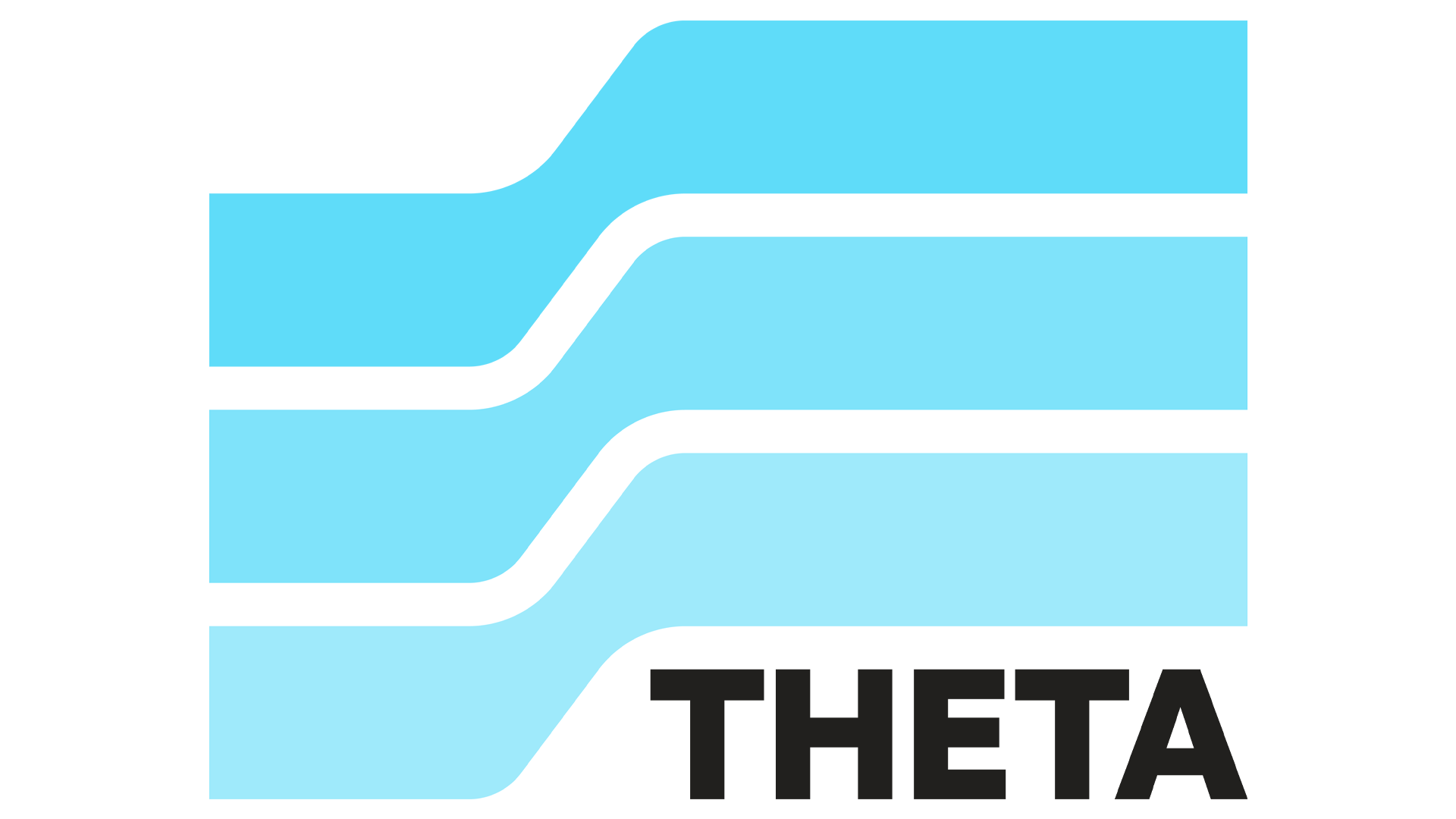
Tech Hub Tulsa: Explaining THETA’s company creation initiative, ‘Ironbird Studios’
This blog is the first in a series featuring seven component projects outlined in the Tulsa Hub for Equitable and Trustworthy Autonomy’s (THETA) phase 2 application for the U.S. Economic Development Administration’s Tech Hubs program in which Tech Hub designees are eligible to apply for up to $70 million in implementation funding.
America is building physical things again; Tulsa, of course, never stopped.
On a national scale, the success of companies like SpaceX, the development of the mRNA vaccines, the re-shoring of advanced manufacturing, and generational investments in semiconductors, energy, and transportation infrastructure have made hardware and physical sciences a leading investment category for most venture firms. These trends play to Tulsa’s strengths, as was recognized last October by the U.S. Department of Commerce’s Economic Development Administration’s designation of the Greater Tulsa Region as a “Tech Hub” for Trustworthy and Equitable Autonomous Systems (TEAS).
The United States is competing globally in a race to dominate specific technologies key to future economic growth and national security in which autonomous systems and cyber security are both high on that list. The Tech Hub designation recognizes that the Tulsa region is the best positioned in the United States to advance the autonomous systems industry, especially in uncrewed “drones” and new aerospace technology.
To supercharge company building in this domain, the THETA coalition, led by Tulsa Innovation Labs, developed an initiative that brings together some of Tulsa’s most experienced aerospace engineers to launch “Ironbird Studios.” The name Ironbird comes from the term for a ground-based rig engineers use to build and test new aerospace concepts. In that tradition, Ironbird Studios will work with local and national entrepreneurs to build venture-backable technology in aerospace and robotics. The coalition secured partnerships with nationally-renowned specialist VCs, as well as accelerator networks like Build-in-Tulsa and Techstars to ensure a diverse pipeline of local and national founders.
Ironbird Studios’ goal is to build and scale companies that can solve big problems and push the envelope on made-in-America technology, such as enabling widespread drone delivery, space-based autonomy and manufacturing, low-cost AI powered image processing, and even micro jet engine design. The physical studio will boast specialized equipment for hardware and embedded software prototyping and testing, and work in partnership with the unique engineering capabilities and testing assets at Oklahoma State University and Skyway Range, a nationally-unique flight test corridor with urban/rural testing conditions and unmatched proximity to Tulsa’s city center.
Ironbird Studios will also benefit from close collaboration with a number of new initiatives associated with Tulsa’s “Tech Hub,” all of which we will explore in this blog series in the coming weeks. These include a major manufacturing partnership (and facility) to ensure that the autonomous systems supply chain stays inside the United States; workforce programs to help train Tulsa’s workforce to build and compete in this area; exciting partnerships with the Department of Defense, OSU, The University of Tulsa, Fortress Cyber Security, and the Association for Uncrewed Vehicle Systems International (AUVSI) to ensure that autonomous systems are cyber secure and privacy protecting; and an AI Co-innovation Lab in partnership with major technology firms designed to help Tulsan businesses – especially diverse businesses – integrate AI into their products and workflows.
For more information, visit TechHubTulsa.com.
Tulsa was one of 31 regions designated a “Tech Hub” in phase 1 of the U.S. Economic Development Administration’s Tech Hubs program in October 2023. The EDA is expected to announce the phase 2 winners this summer.
Download file